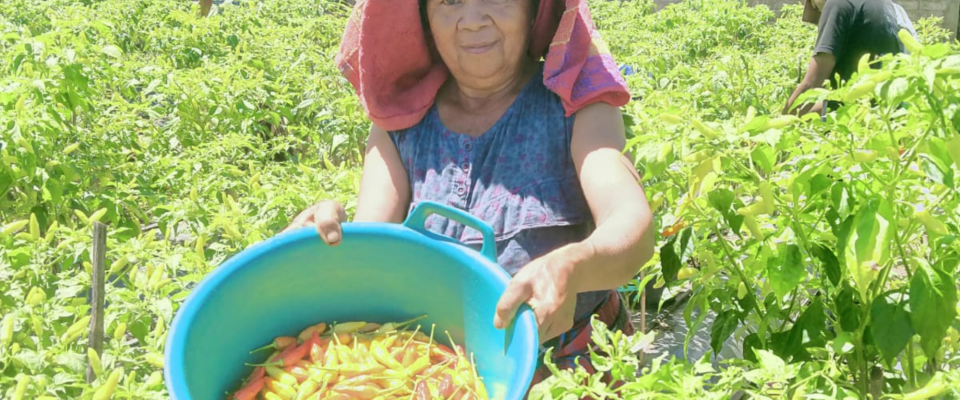
Empowering Horticultural Farmers Through Agribusiness-Based Drip Irrigation System in Golopua Village, Kuwus District – West Manggarai
The empowerment program for horticultural farmers is implemented through a planned, measurable, and periodically evaluatable method and workflow. In the final stage, market strength, the availability of seeds, and fertilizers have a significant impact on the agribusiness sector and product continuity. This is also influenced by changes in consumer preferences that can alter what products are cultivated and raised.
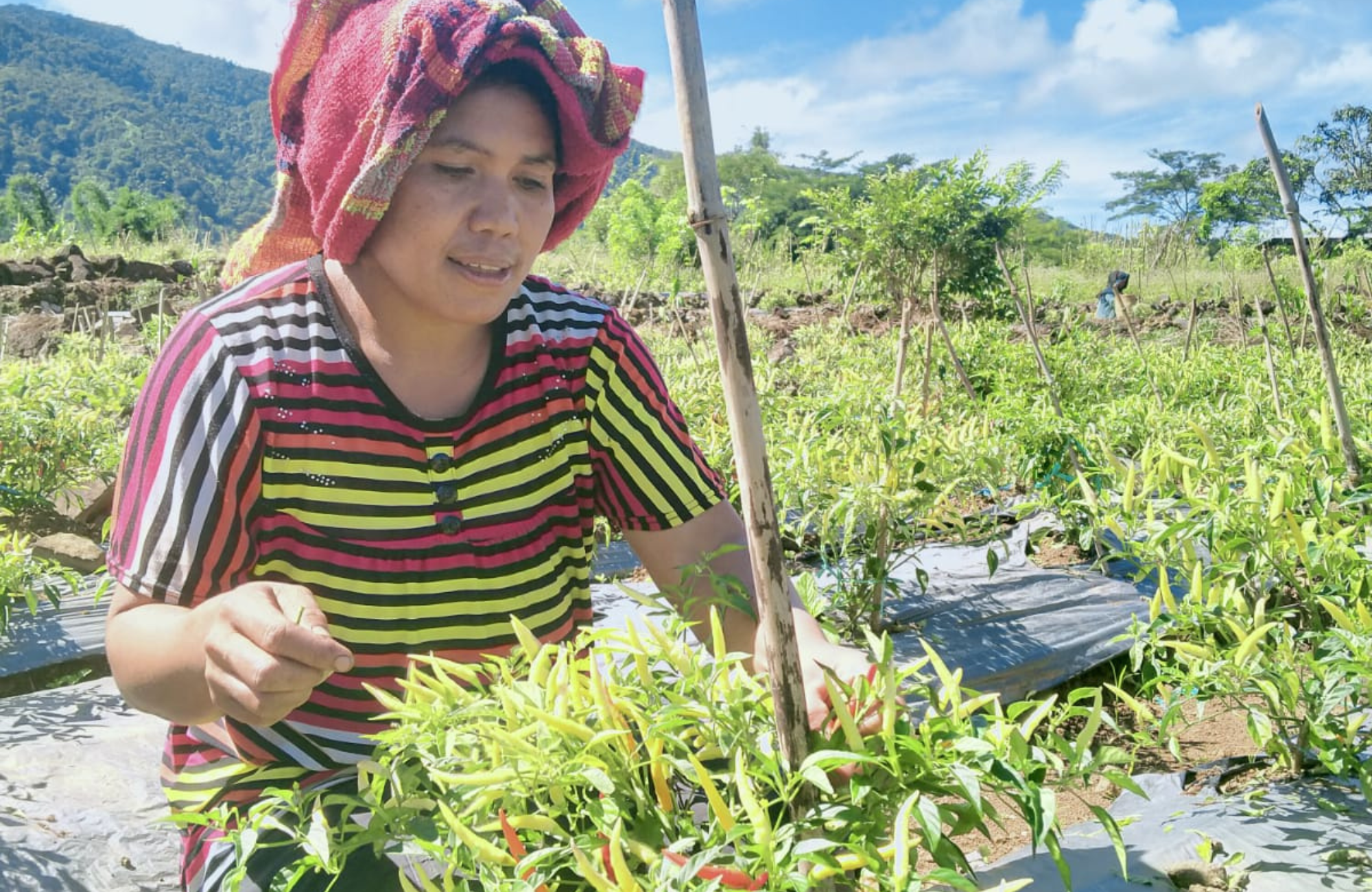
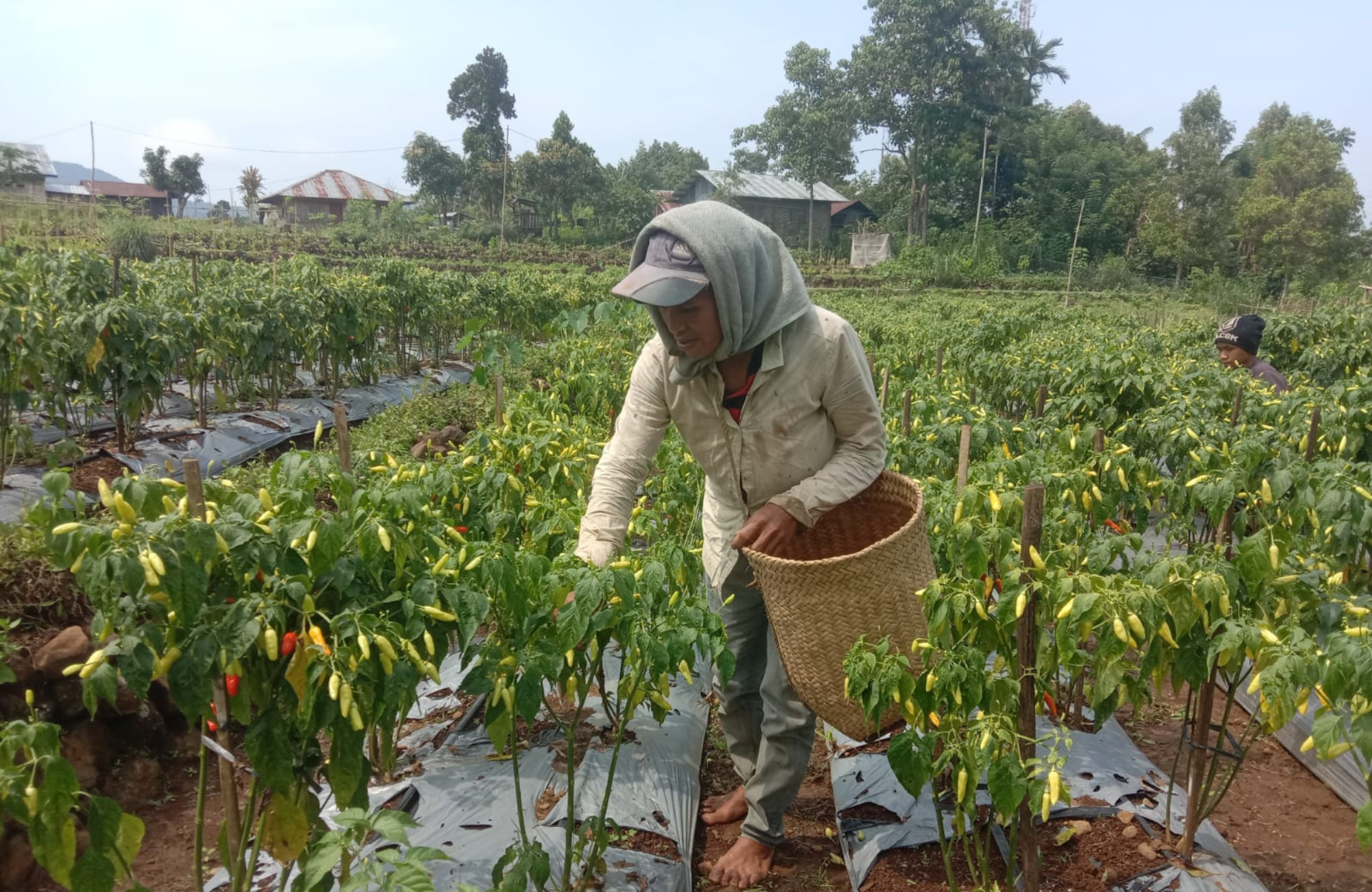
In 2023, through the collaboration of the Gugah Nurani Indonesia Manggarai Barat CDP Foundation and the Golo Pua Village Government, horticultural farming has been developed using a drip irrigation system. Various horticultural vegetables have been cultivated by farmers to strengthen food resilience in the village and increase household income. The activities commenced in May 2023, involving various tasks such as program socialization, group and stakeholder strengthening, land preparation, fertilizer preparation and application, equipment preparation, seedling cultivation, planting, maintenance, and harvesting. Several types of horticulture have thrived in the location, including three variants of chili, eggplant, long beans, carrots, and green beans. As of the end of February 2024, the total productivity reached 3,604 kg for various horticultural products, generating a total income of IDR 62,755,000 with more expected in the future. Some positive impacts of this initiative include:
- The vegetables consumed by farmers and the community around Golo Pua village are highly nutritious due to the use of organic fertilizer.
- The application of organic fertilizer (compost), which has been trained to farmers, is now being independently continued for the development of the horticultural location.
- Farmers have transitioned from utilizing land for rainfed rice fields managed for years to turning it into a village horticulture area, calculating the profits between the two types of crops.
- The utilization of animal manure in the village is maximized by farmers for making compost, which is used in the horticultural location, reducing environmental pollution caused by the abundance of livestock waste in the village.
- More and more residents are beginning to independently cultivate horticultural crops outside the drip irrigation location and enjoy the role of being a farmer.
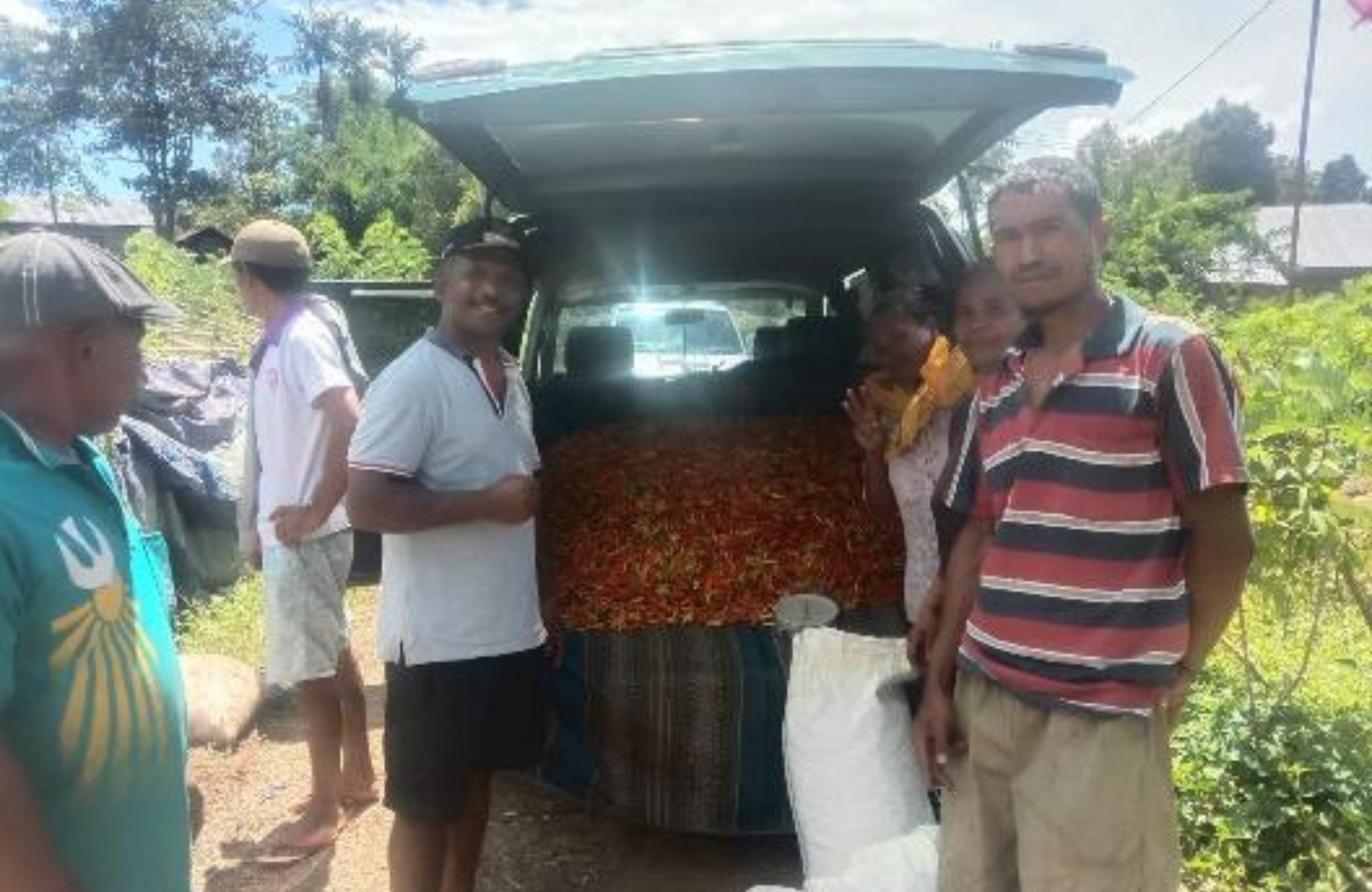
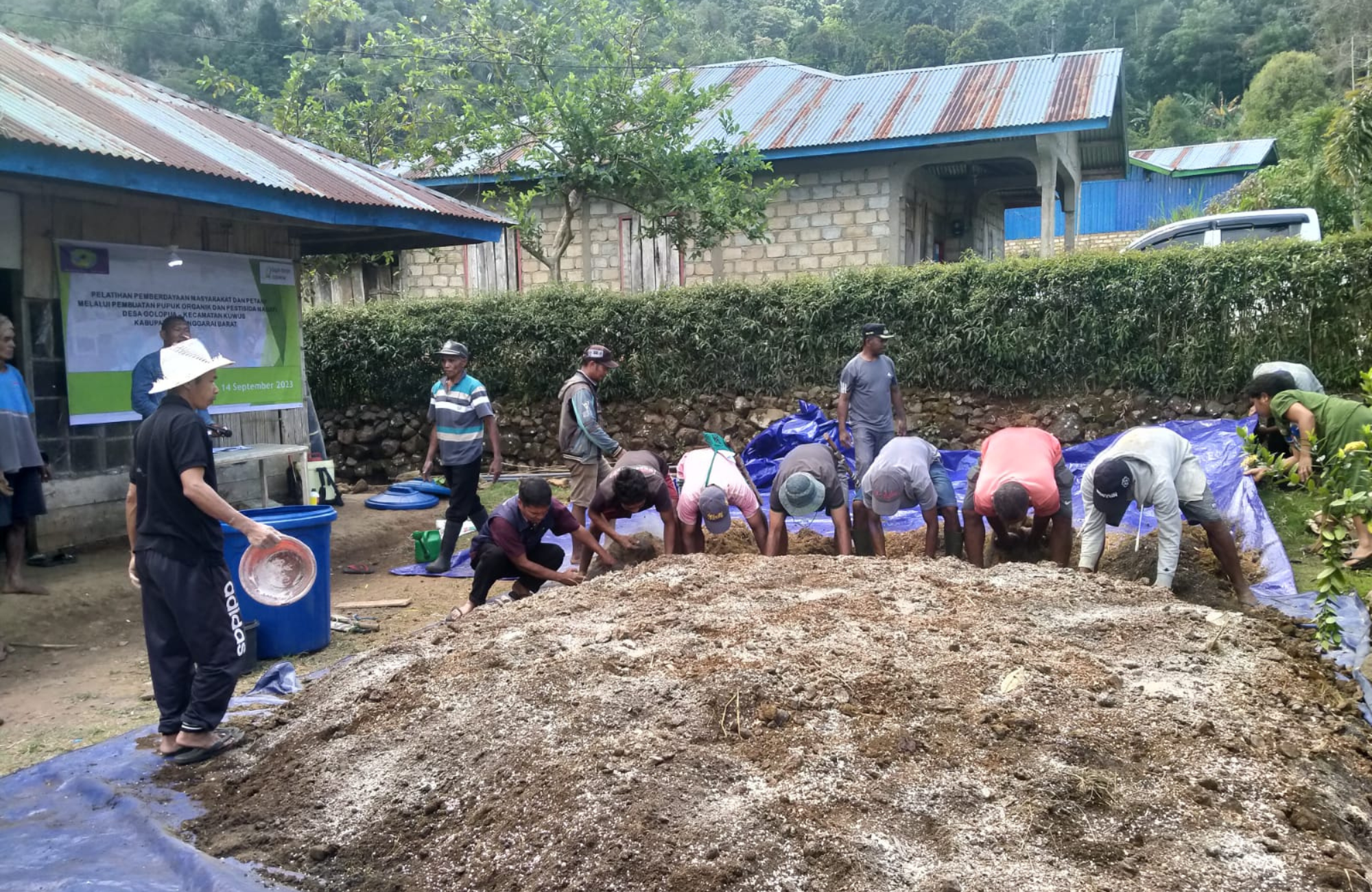
Ultimately, the goal in agribusiness is to enhance agricultural productivity and streamline farming activities for farmers. This is aimed at reducing production costs and increasing profits for farmers, who often face fluctuating market conditions as crop prices vary with changes in the economic situation.
